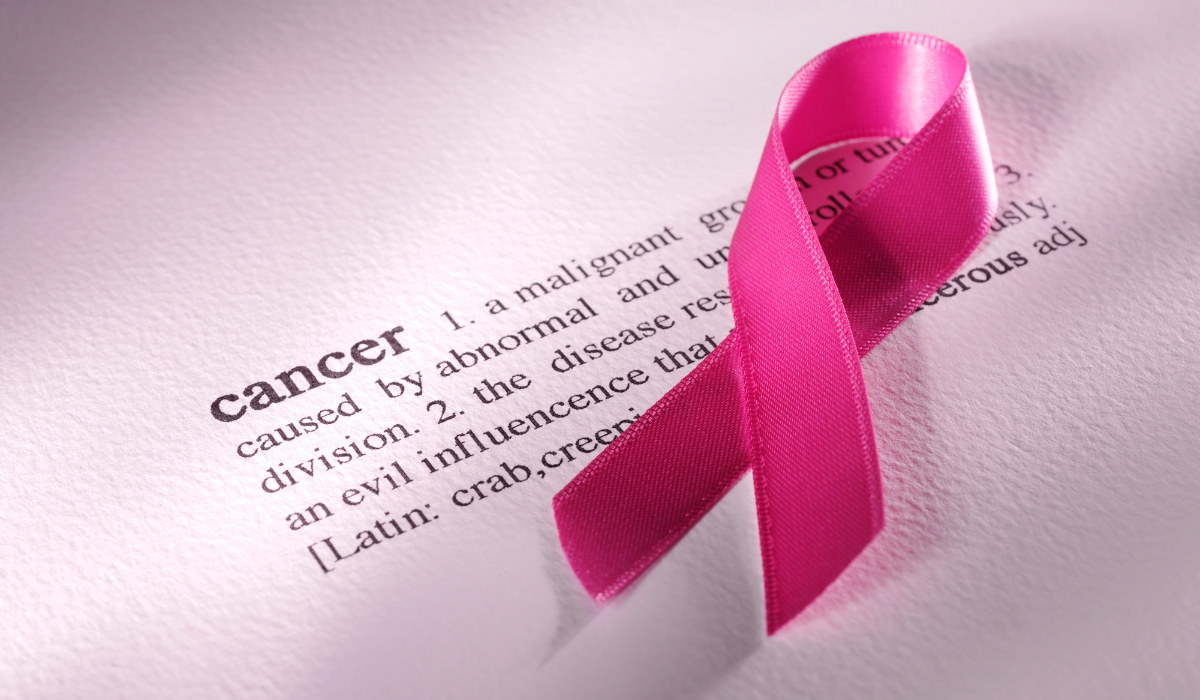Mental Health, Depression, and Menopause: A Complete Guide for Women
Menopause is a natural biological process that marks the end of a woman’s reproductive years. While it is often associated with physical symptoms like hot flashes and night sweats, the impact of menopause on mental health is equally significant. Many women experience depression, anxiety, mood swings, and cognitive issues during this phase. Understanding the connection between mental health, depression, and menopause is crucial to managing symptoms and improving quality of life.
In this article, we’ll explore how menopause affects mental well-being, why depression is common during this time, and what strategies can help women cope effectively.

Understanding Menopause and Its Stages
Menopause typically occurs between the ages of 45 and 55 and is officially diagnosed after 12 consecutive months without a menstrual period. It occurs in three main stages:
- Perimenopause – The transitional phase before menopause when hormone levels begin to fluctuate.
- Menopause – When menstruation stops completely.
- Postmenopause – The years following menopause.
During these stages, estrogen and progesterone levels decline, triggering various physical and emotional changes.
How Menopause Affects Mental Health
The hormonal fluctuations during menopause can significantly influence neurotransmitters like serotonin and dopamine, which are responsible for mood regulation. This hormonal imbalance can lead to:
- Irritability
- Mood swings
- Fatigue
- Memory problems
- Sleep disturbances
- Anxiety
- Depression
These symptoms are not “just in your head”—they are real and biologically driven.
Depression and Menopause: What’s the Link?
While not all women experience depression during menopause, many are at higher risk due to:
✅ Hormonal Changes
Estrogen helps regulate mood. Its sharp decline during menopause can disrupt brain chemistry and contribute to depressive symptoms.
✅ Life Changes
Menopause often coincides with major life stressors such as:
- Children leaving home (empty nest syndrome)
- Caring for aging parents
- Marital or relationship stress
- Career transitions or retirement
✅ Sleep Disruption
Night sweats and insomnia are common during menopause and can significantly affect mood, energy levels, and emotional resilience.
✅ Previous Mental Health History
Women with a past history of depression or anxiety are more likely to experience a recurrence during menopause.
Common Symptoms of Menopausal Depression
Recognizing the signs of depression during menopause is key to getting help early. Symptoms include:
- Persistent sadness or hopelessness
- Loss of interest in activities
- Fatigue or low energy
- Changes in appetite or weight
- Difficulty concentrating
- Feelings of guilt or worthlessness
- Sleep disturbances
- Thoughts of self-harm or suicide
If you or someone you know is experiencing these symptoms, it’s important to seek professional help.
Coping Strategies for Mental Health During Menopause
Managing menopausal mental health requires a holistic approach. Here are some evidence-based strategies:
1. Talk to a Healthcare Provider
A doctor can evaluate symptoms and recommend treatments, including hormone therapy or antidepressants if necessary.
2. Therapy and Counseling
Cognitive Behavioral Therapy (CBT) is especially effective for depression and anxiety during menopause.
3. Stay Physically Active
Exercise improves mood, boosts energy levels, and reduces stress. Aim for at least 30 minutes a day of moderate activity.
4. Nutrition Matters
A balanced diet rich in omega-3s, magnesium, and vitamin B12 can support brain function and mood regulation.
5. Mindfulness and Stress Reduction
Techniques such as meditation, deep breathing, and yoga can reduce anxiety and improve emotional balance.
6. Build a Support Network
Talking with friends, support groups, or therapists can help women feel less isolated and more empowered.
7. Hormone Replacement Therapy (HRT)
For some women, HRT can ease both physical and emotional symptoms of menopause. Always consult your doctor to assess risks and benefits.
When to Seek Professional Help
If mood changes are severe, persistent, or affecting your daily life, it’s time to talk to a mental health professional. Early intervention can make a big difference in recovery and quality of life.
FAQs About Mental Health, Depression, and Menopause
1. Is depression a normal part of menopause?
No, while mood changes are common, clinical depression is not “normal” and should be addressed with professional help.
2. Can hormone therapy help with menopausal depression?
Yes, HRT may help relieve mood symptoms in some women, especially when hormonal imbalance is a key factor. However, it’s not suitable for everyone.
3. What natural remedies can support mental health during menopause?
Lifestyle changes like regular exercise, mindfulness, and a healthy diet can significantly improve emotional well-being.
4. How long do mood changes last during menopause?
Mood symptoms can vary. For some women, they are short-term; for others, they may last through perimenopause and into postmenopause.
5. Should I see a doctor for menopause-related depression?
Absolutely. If you feel persistently low, anxious, or overwhelmed, consult a healthcare professional for guidance and treatment.
Menopause is a major life transition that can deeply affect a woman’s mental health. Understanding the connection between depression and menopause is essential for early intervention and effective management. With the right strategies—including medical support, therapy, lifestyle changes, and social connection—women can navigate this phase with strength, confidence, and peace of mind.



